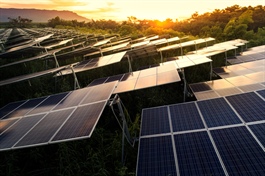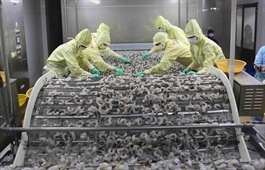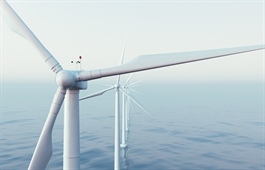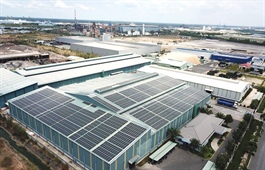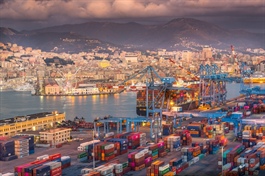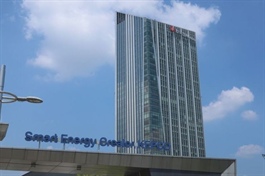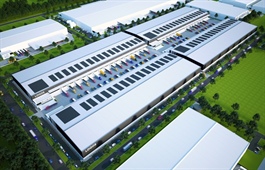Viet Nam gains manufacturing growth in September
Viet Nam gains manufacturing growth in September
Manufacturing sector returned to growth in September as concerns around the outbreak of the COVID-19 pandemic in the country eased. Both output and new orders increased, while business confidence strengthened, and the rate of job cuts softened.

According to a monthly survey by Nikkei and IHS Markit, the Viet Nam Manufacturing Purchasing Index (PMI) rose back above the 50.0 no-change mark in September, posting 52.2 from 45.7 in August. That pointed to the first improvement in business conditions for three months, and the most marked since July 2019.
Control over the COVID-19 pandemic was a key factor helping to support improvements in operating conditions, after increasing case numbers had been seen in the previous survey period.
Reduced case numbers contributed to stronger client demand, leading to a solid increase in new orders. New business from abroad also increased in September, the first time this has been the case since January.
Solid expansion in production was also registered, helped by higher new orders. In fact, the rise in output was the sharpest in 14 months.
Business confidence also improved at the end of the third quarter of the year, rising sharply from August to the highest since July 2019. Projected growth of new orders is expected to lead to increases in output over the coming year, but a number of firms mentioned that positive expectations were based on assumptions that the pandemic will remain under control in the country.
Rising new orders encouraged manufacturers to expand their purchasing activity for the first time in three months, and at a solid pace. This increase in purchasing contributed to a renewed accumulation of pre-production inventories. Some panelists reported efforts to build reserves.
The rate of input cost inflation quickened to a 22-month high and was broadly in line with the series average. Panelists often linked higher input prices to supply shortages for raw materials. This was also a factor behind a lengthening of suppliers' delivery times.
In response to higher input costs, firms raised their selling prices for the first time in eight months. The rate of inflation was only slight, however, amid ongoing competitive pressures.
Commenting on the latest survey results, Andrew Harker, Economics Director at IHS Markit, said: “After a rise in COVID-19 cases in late-July and early August briefly threw the sector's recovery off track in August, the September PMI results were much more positive.
"With control of the pandemic regained, firms saw an influx of new orders, ramped up production and were at their most optimistic for over a year. As ever though, sustaining these positive trends is dependent on virus cases not picking up again."
One new development in the latest survey was a return to growth of new export orders for the first time since the pandemic began, a welcome signal that international demand is becoming more supportive of the sector's recovery, he said.
IIP in 9 months
In a monthly report on the industry and trade sector in the first nine months of this year, the Ministry of Industry and Trade (MoIT) said that the domestic industrial production had prospered in September and is expected to grow again in the last months of the year because the pandemic is basically under control.
According to its statistics, the index of industrial production (IIP) of Viet Nam in September increased by 2.3 per cent against August and by 3.8 per cent over the same period last year.
The IIP in the first nine months of 2020 rose by 2.4 per cent over the same period last year. This rate was lower than the growth rate of 9.6 per cent in the first nine months of 2019.
The ministry said this was the lowest growth rate in many years.
The industry saw a reduction or low growth rates in IIP of some key industrial products during the first nine months. Of which, the index decreased by 16.7 per cent for the liquefied gas (LPG); 14.6 per cent for beer; 13.7 per cent for crude oil exploitation; 11.8 per cent for cars; and 9.1 per cent for natural gas.
However, there were also a number of industries with a high growth rate in IIP over the past nine months, creating a great contribution to the overall growth of the industry. They included metal ore mining (up by 14.8 per cent); manufacturing electronic products, computers and optical products (up by 8.6 per cent); and tobacco product production (up by 8.2 per cent).







